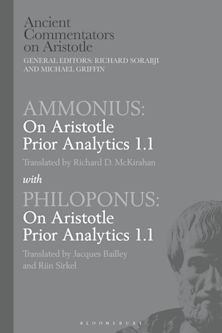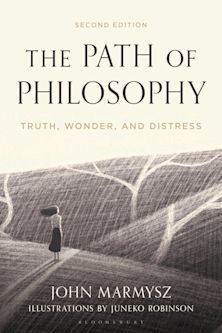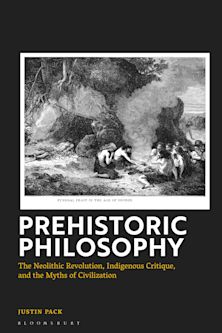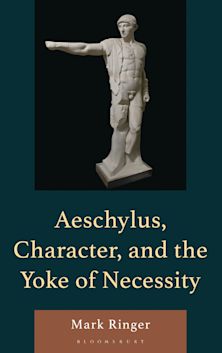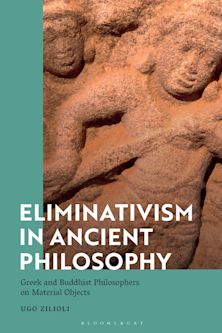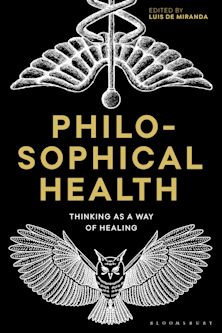Machiavelli, Aristotle and Popular Republicanism
Democracy in Early Modern Philosophy
Machiavelli, Aristotle and Popular Republicanism
Democracy in Early Modern Philosophy
This product is usually dispatched within 2-4 weeks
- Delivery and returns info
-
Flat rate of $10.00 for shipping anywhere in Australia
Description
Machiavelli, Aristotle, and Popular Republicanism offers the first comprehensive study of the relationship between Machiavelli, Aristotle, and the Aristotelian tradition. Alessandro Mulieri shows that the conceptual language of Aristotelianism not only shaped some of Machiavelli's most radical ideas but also played a key role in the development of his popular republican thought and his critique of classical republicanism.
Employing an interdisciplinary approach that blends the history of political thought, political theory, and the history of philosophy, the book presents an original interpretation of Machiavelli's engagement with five Aristotelian themes: the nature of political science, the relationship between virtue and fortune, the preservation of tyranny, the premodern notion of democracy as “the rule of the poor”, and the prudence of the multitude.
By analysing a wide range of Latin and vernacular Aristotelian texts circulating in Machiavelli's time, alongside works by several Renaissance thinkers, the book addresses longstanding challenges in interpreting Machiavelli's relationship with ancient, medieval, and early modern sources, revealing the selective and profoundly strategic nature of his engagement with the premodern tradition.
Table of Contents
1. Machiavelli and the Aristotelians on the Origins of Human Society and Prudence
2. Machiavelli and Aristotle on Political Science
3. Virtue and Fortune in Aristotle, Pontano, and Machiavelli
4. From the Aristotelian “Soft” Tyranny to Machiavelli's Civil Principate
5. Democracy as the Rule of the Poor from Aristotle to Machiavelli
6. Thinking the Multitude with Aristotle: Machiavelli and the Machiavellians on the Prudence of the Many
Conclusion
List of References
Product details

| Published | 22 Jan 2026 |
|---|---|
| Format | Hardback |
| Edition | 1st |
| Extent | 248 |
| ISBN | 9781350451506 |
| Imprint | Bloomsbury Academic |
| Illustrations | 6 b&w |
| Dimensions | 234 x 156 mm |
| Publisher | Bloomsbury Publishing |
Reviews

ONLINE RESOURCES
Bloomsbury Collections
This book is available on Bloomsbury Collections where your library has access.













